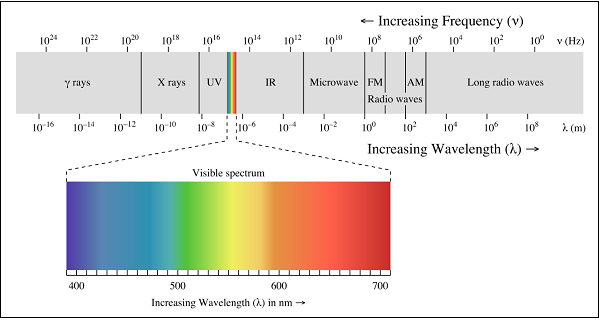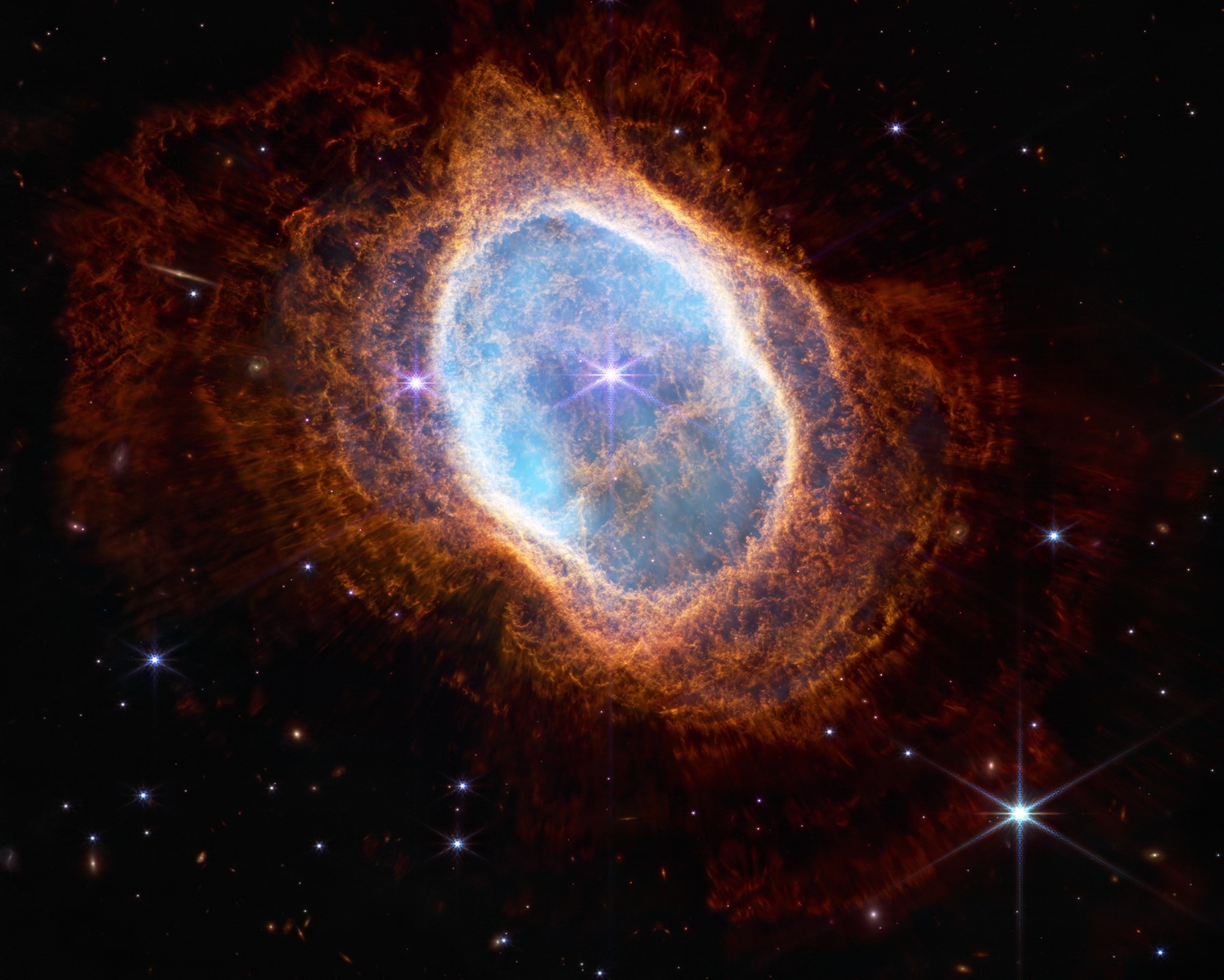DARK ENERGY
It seems to mean things are working completely counterintuitively. From what we know about the expansion of the Universe, we really need to have something like gravity pushing rather than pulling, and we always think of gravity pulling all around us, so this is a bit of a surprise.
❝“Dark energy is incredibly strange, but actually it makes sense to me that it went unnoticed, because dark energy has no effect on daily life, or even inside our solar system.”
Adam Riess
Albert Einstein, 1917
It turns out that Albert Einstein, back in 1917, figured out a way to make gravity push rather than pull. It was by there really being energy everywhere that was part of space itself and so when space gets a little bigger it turns out this stuff gets "created" as space gets a little bigger (constant density). That gives it a bizarre property, a property which we call negative pressure.
Pressure is if I push on something, it pushes back. But this stuff has negative pressure: when I push on it, it wants to shrink. When I pull on it, it wants to pull even farther so it sort of does exactly the opposite of what everything else should do.
This idea of Einstein, what we call the lambda, is one way to do it, but, presumably, any force that is stronger than gravity and pushes, I mean gravity can only ever slow things down, so if we want this expansion, we have to have a force that's opposite to gravity that pushes rather than pulling and it has to be stronger than gravity. Any force that does that could do the trick, lambda, Einstein's theories, one possibility. However, there must be several thousands of other possibilities. The trouble would have to be this force would have to be long range. Gravity is strongest when things are close together. But if you had a force that as strong or stronger than gravity, but repels, and also is strongest when things are close together, you'd blow the Earth apart. It would fling us off the floor of this room. So, it is a bit weird, really, a force that's long range and pushes rather than pulling.
Right, and so Einstein's version really does sort of do this with gravity, because it's spread everywhere, so that sort of makes it very long-ranged, there's no extra of it anywhere. But it has this property of negative pressure, which is genuinely counterintuitive. But there's as you said, thousands upon thousands of theories that have been developed.
A lot of them are a lot like Einstein's, they make this negative pressure stuff fill the universe in all sorts of ways. But then people have the universe being sort of lumpy or having new forces or all sorts of things. So you know the only way we are going to know this is by testing.
Discovery of dark energy, 1998
But, is the team that is responsible for discovering this repulser force that we have now taken to calling "Dark Energy" really sure it is actually there?
Well, I have to admit, in 1998 when we made the discovery, I knew what our data said. I knew the data said that the universe was speeding up, but I had my doubts because it was just a crazy thing for the universe to be doing.
I figured maybe some other explanation would come along, I felt pretty much our observations were right, but you know, you have to interpret your observations. But now, in the current time, we've had many, many experiments. Not only do they see the same thing that we see, so okay that tells us our observations right, but they've looked at it many, many different ways.
So the interpretation, the idea that the universe is speeding up, has many manifestations of how it affects the Universe, and every time we look at the universe, how fast galaxies form, how sound waves travel through the early universe. You keep on getting the same crazy answer that the universe is full of something that is speeding it up.
So, at this point I think that's a good, sound way of describing the universe, so I'm pretty confident it's going to stand the test of time at this point. Presumably, this whole idea that the universe accelerating, if there's something, dark energy, whatever it might be, one of these 10 thousand theories that's making it go faster.
That must have incredible implications for the future of the Universe! Well it does, because, you know the big question that I had when I started this work back in 1994, was does the universe exist forever or does it eventually collapse and go into the Big Bang backwards, the Gnab Gib?
But this gives us an answer, it tell us the Universe is going to last forever, but with a twist.
The more the universe expands, the faster it expands: it accelerates. So imagine that I'm looking at a galaxy on the other side of the Universe that I can see right now. Well, in the future, because space is being created so quickly, the Scale Factor is being increased so quickly, light is going to get stranded as the Scale Factor stretches the Universe faster and faster. So, things we can see right now will not be visible in the distant future. They will sort of get frozen in time and fade away. So if I had a galaxy on the other side of the universe, it's clock would stop, it would fade away.
So, for future generations of scientists, a hundred billion years in the future, they are going to look out and they are going to see no galaxies. All the galaxies we see today will be so far away, there will be nothing left to see, and that I find profoundly disturbing. Why would we live in a place where we can see the universe, not in the future when it will be nothing to see?

